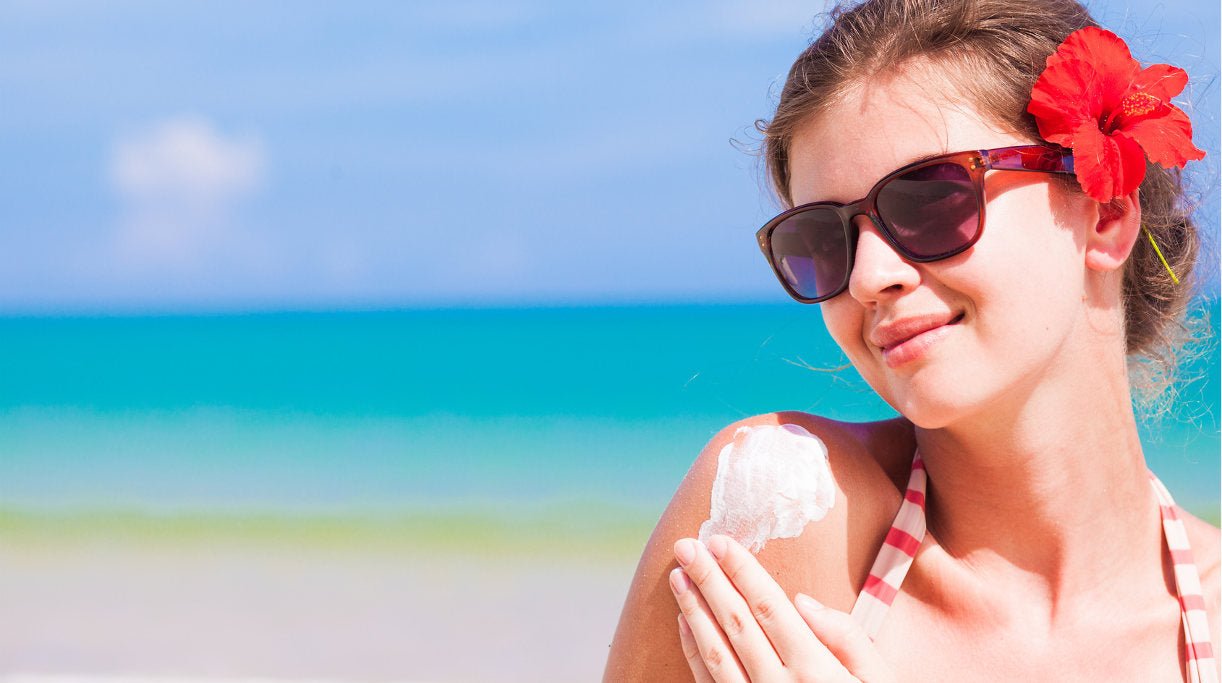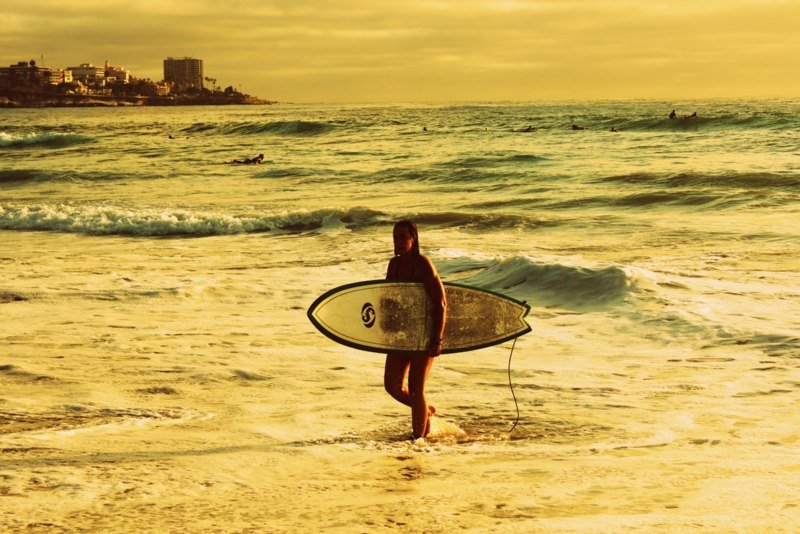
Ocean friendly sunscreens do exist!
Chances are if you are reading this, you are an outdoor lover like the rest of us here at PuraKai. And if you are like me, you soak up your fair share of sunshine throughout your day’s endeavors and adventures. When it comes from protecting yourself from too much sun, there are so many options, not all of them created equal. So what’s a sun lover to do?!
The majority of sunscreens these days contain harmful, toxic ingredients that not only take a toll on your personal health, but also on the health of our oceans. Each year between 4400-6600 tons of sunscreen washes off of swimmers, snorkelers, surfers, and other beach dwellers, and is released into the ocean. Studies show that the chemicals that exist in conventional sunscreens are an added cause to the oceanic pandemic of coral bleaching. While global warming, pollution, and human activities are a far greater threat to the health of coral reefs than sunscreen may be, it is still important to note that ocean friendly sunscreens do exist! By being mindful and using these environmentally safe alternatives, you can help be a part of a better, cleaner tomorrow and in addition to helping health the coral reefs, your own health will be better for it!
The following are the four common ingredients shown to cause the most environmental harm, even at very low concentrations.
Oxybenzone- Aka benzophenone-3. This sunscreen also has several suspected human health effects.
Butylparaben- A preservative that also takes a negative toll on human health.
Octinoxate- Aka Ethylhexyl methoxycinnamate. Let’s just say it’s no Bueno!
4-methylbenzylindene camphor- Aka 4MBC. This stuff has thankfully been made illegal to use in the USA and Japan. However many European and Canadian sunscreens still include this harmful ingredient.
As a sun-kissed miss, and as a surfer, swimmer, paddler, free diver, I know that it is part of my responsibility to protect both myself and the ocean that I love so much. So what can we do to ensure the health of our precious seas and our own bodies?
For one, be mindful of the amount of sun you are receiving. Sunshine on bare skin in small to moderate doses isn’t a bad thing. In fact, we would all be vitamin D deficient without direct sunlight on our bodies. But if you are going to be in the sun for an extended period of time, it may be wise to either cover up or seek a means of protection via sunscreen.
When choosing a sunscreen, look for one that does NOT have any of the 4 ingredients listed above. Seek out brands that use natural, organic, and mineral based ingredients. Look for a water resistant sunscreen. It will stay on your body and out of the water. Find a sunscreen that has been tested and approved as biodegradable, meaning it will breakdown in the environment, instead of breaking down the environment. And lastly, look for the “Reef Safe” claim on the sunscreen label, and be sure to double check the ingredients just to be sure.
My personal favorite is Badger Balm. I trust the company and their dedication to using nontoxic, environmentally and human safe ingredients. I have even made my own zinc/coconut oil sunscreen at home and it worked wonderfully! However I don’t recommend surfing or paddling with it as it is a bit slippery!
Here is the Environmental Working Groups annual list of best sunscreen choices, based on efficacy and toxicity.
-
Aubrey Organics Natural Sun Sunscreen, Sensitive Skin/Children, SPF 30+
-
Badger Sunscreen Cream, Unscented, SPF 30
-
UV Natural Sport Lip Sunscreen, SPF 30+
-
Badger Broad Spectrum Sport Facestick, SPF 35
-
ECO logical All Natural Sunscreen, SPF 30+
-
Elemental Herbs Sport Sunscreen, SPF 30+
-
Green Screen D Organic Sunscreen, Original, SPF 35
-
BurnOut Ocean Tested Physical Sunscreen, SPF 30
-
Raw Elements USA Eco Formula, SPF 30
The next time you take to the great outdoors and decide you may need a little extra protection from the glorious sun, keep the above info in mind and choose wisely! If you can’t cover up or find shade to avoid the sun’s rays, and you choose to use a sunscreen, do yourself and the ocean a favor and remember the 4 toxic ingredients to avoid, and the natural, organic, biodegradable, and reef safe ones to use. Now go outside and enjoy that sunshine!






Leave a comment
This site is protected by hCaptcha and the hCaptcha Privacy Policy and Terms of Service apply.